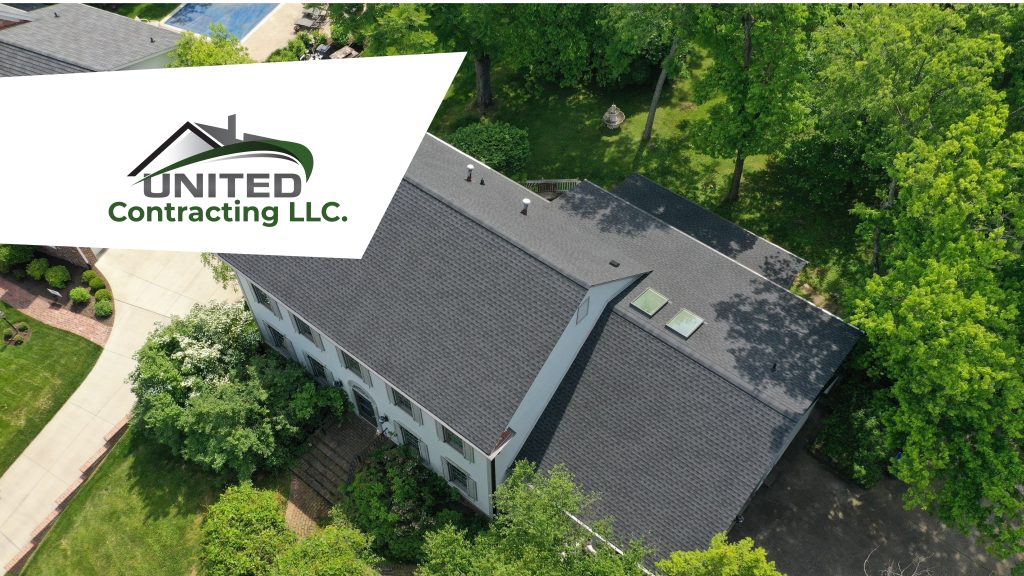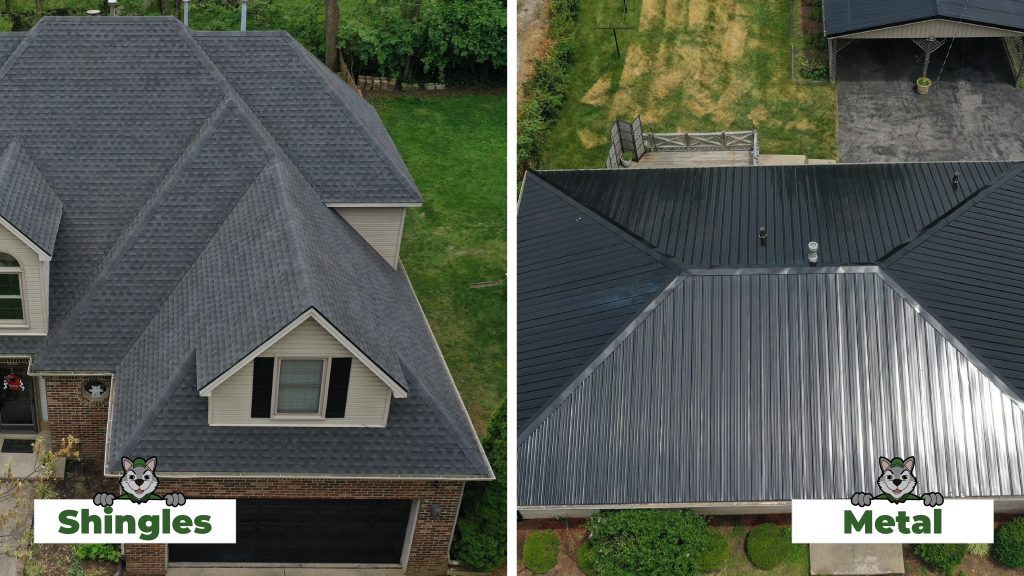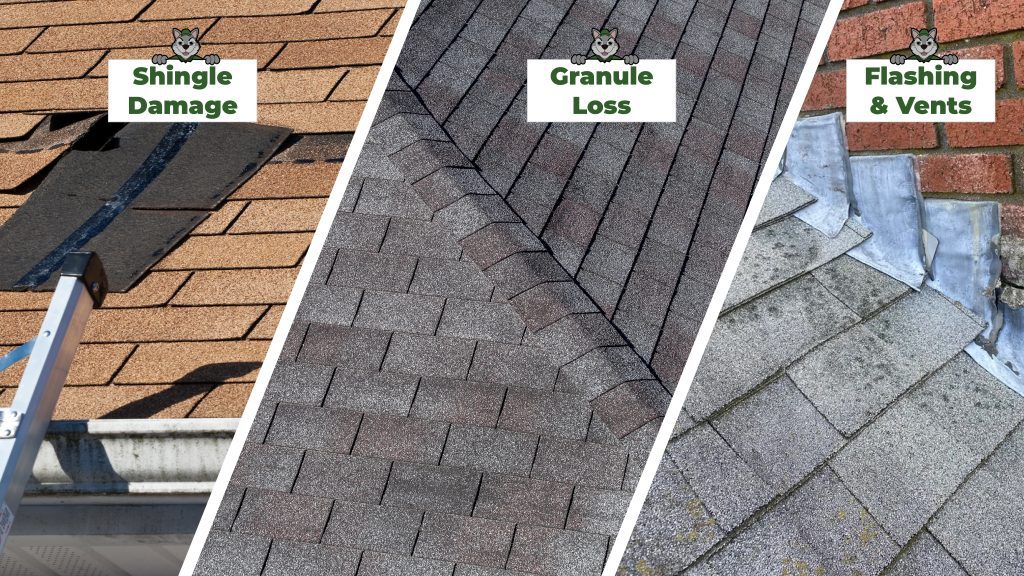
Understanding the top roof inspection tips before buying a home is crucial to ensuring that your investment is safe from costly future repairs. The roof is your home’s first line of defense against the elements, and knowing its condition is key to avoiding unexpected expenses. Here are 5 critical roof inspection tips to consider before buying a home.
Whether you’re looking at homes in Lexington, Louisville, or elsewhere in Kentucky, understanding roof condition when buying a house is vital. This comprehensive roof inspection checklist will guide you through the essentials, ensuring that your potential new home’s roof is in excellent shape and won’t require costly repairs soon after you move in.
The age of the roof is a crucial factor when evaluating a home’s overall condition. Different roofing materials have varying lifespans, and knowing how old the roof is can help you anticipate future maintenance or replacement costs. For example:
Ensure you obtain accurate documentation regarding the roof’s installation date rather than relying solely on the seller’s word. Request copies of receipts or contracts related to past roof work. This information can be a critical factor in your decision-making process, particularly if the roof is nearing the end of its lifespan. If the roof is older and approaching the end of its life, use this information to negotiate with the seller for a lower price or for repairs to be made before the sale is finalized.

Not all roofs are created equal, and the quality of the materials used can significantly impact the roof’s longevity and performance. Here’s what to look for:
Understanding the quality of the roofing materials will help you gauge the future costs of maintenance or replacement and ensure that the roof will protect your investment for years to come. It’s also important to consider the climate of the area. In Kentucky, for example, homes are exposed to a wide range of weather conditions, from hot, humid summers to cold, icy winters. High-quality materials are essential to withstand these fluctuations without deteriorating rapidly.
Even if the roof is relatively new, it’s essential to inspect it for any signs of wear and tear that could indicate underlying issues. Here’s how to check:
These indicators can reveal whether the roof has been well-maintained or if it might require costly repairs soon after purchase. A thorough inspection can help you avoid surprises and give you leverage in negotiations with the seller. If you identify any of these issues, consider hiring a professional roofer to perform a more detailed inspection before moving forward with the purchase.

The attic is an excellent place to spot issues that may not be visible from the outside. Here’s what to look for during your inspection:
By inspecting the attic, you can uncover potential problems that might not be apparent during a standard home inspection. This step is often overlooked, but it’s crucial for identifying issues that could lead to expensive repairs. If you’re not comfortable inspecting the attic yourself, consider hiring a professional to perform this part of the inspection.
If your inspection reveals significant roof issues, you have a few options to consider:
A professional roof inspection, in addition to the general home inspection, is crucial before finalizing any purchase. The roof inspector’s report will give you detailed insights into the roof’s condition and help you make an informed decision. By understanding the roof’s current state, you can make better decisions during negotiations and avoid unexpected surprises after you’ve moved in.
Ready to upgrade your roof? Contact United Contracting LLC today for a consultation. Call us in Lexington or in Louisville. Visit our website at unitedcontractingky.com to learn more about our services and view our project galleries.
United Contracting is your local roofing company Lexington, Louisville, and Everywhere In Between
We’re the Team that Provides Superior Results!
United Contracting is your local roofing company Lexington, Louisville, and Everywhere In Between
We’re the Team that Provides Superior Results!
Quick Links
Hours of Operations
Mon – Fri: 8:30 AM – 5:00 PM
Sat – Sun: Closed
Saturdays & Sundays emergency tarping services available
© Copyright 2025 | United Contracting LLC